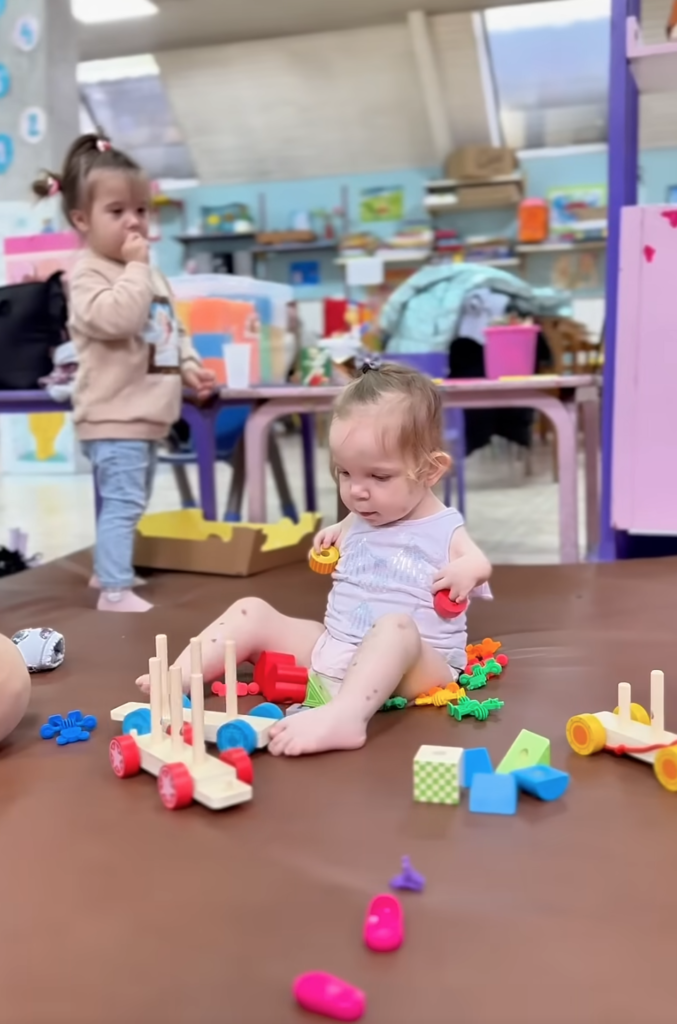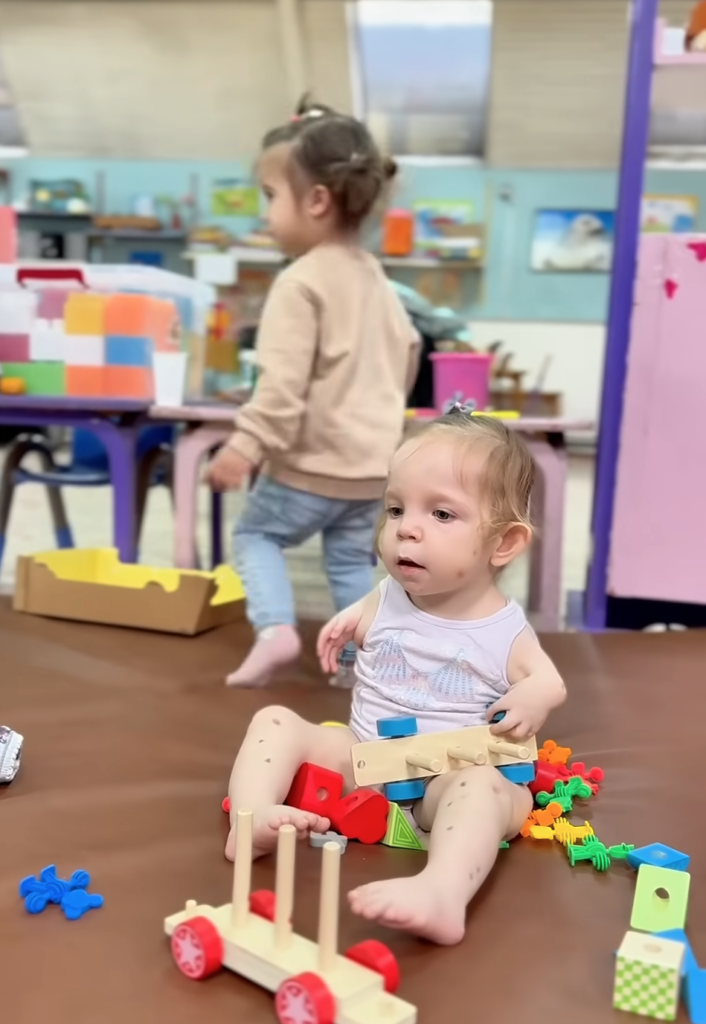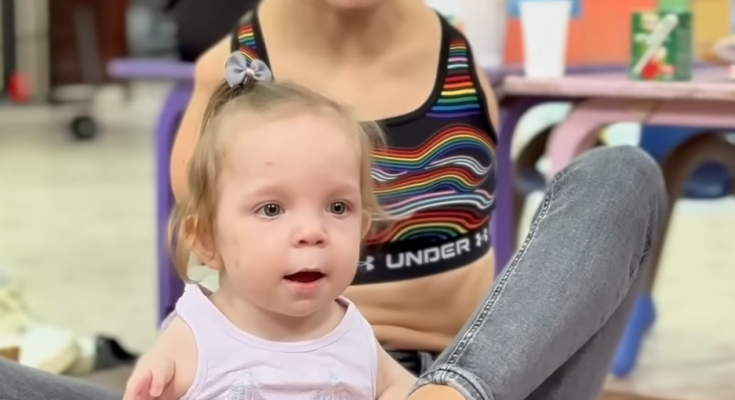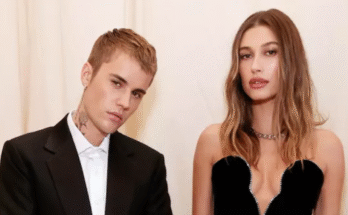Love is a universal experience, transcending barriers of culture, language, and ability. However, when it comes to disability, misconceptions, biases, and lack of awareness often create obstacles for individuals in their pursuit of love, companionship, and meaningful relationships. In order to foster a more inclusive and accepting society, it is crucial to enhance disability awareness and challenge outdated stereotypes about love and relationships involving disabled individuals.
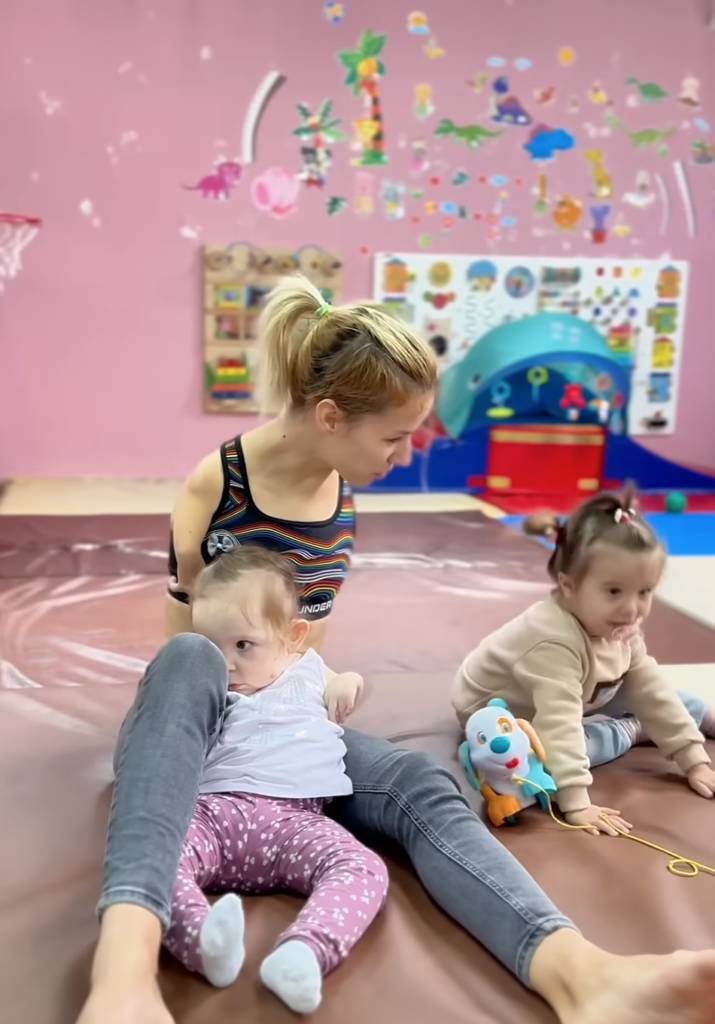
Breaking the Stereotypes
One of the most persistent misconceptions is that people with disabilities are either incapable of love or undeserving of it. This assumption is not only false but also deeply harmful. Love is not determined by physical ability, cognitive function, or medical conditions; it is an emotional and psychological connection that can thrive in any circumstance. People with disabilities experience love just as deeply and passionately as anyone else.
Another damaging stereotype is the idea that individuals with disabilities should only date or marry others with disabilities. While some disabled individuals may find common understanding in relationships with others who share similar experiences, love is not confined to a specific category of people. Mixed-ability relationships exist and flourish, proving that love transcends physical or mental conditions. Unfortunately, societal stigma often makes these relationships subject to scrutiny or doubt, reinforcing exclusion rather than acceptance.
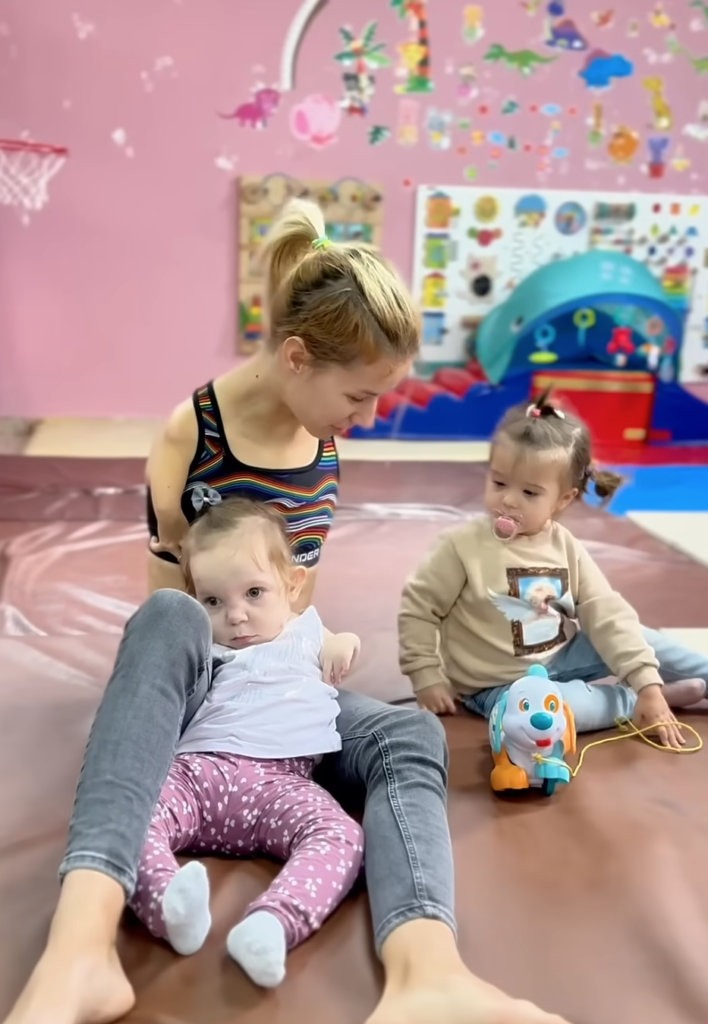
Challenges in Dating and Relationships
People with disabilities often face unique challenges when it comes to dating and relationships. One of the primary barriers is accessibility—both physical and social. Many public spaces, dating venues, and even online dating platforms do not accommodate the needs of disabled individuals. This lack of accessibility can limit opportunities for socialization and romantic engagement.
Additionally, societal biases contribute to lower self-esteem and internalized doubt among disabled individuals. When media representations fail to include people with disabilities in romantic storylines, it perpetuates the idea that they are not meant to be seen as desirable or romantic partners. The absence of positive representation can affect how people with disabilities view themselves and how they are perceived by others.
Communication barriers can also play a role in relationship difficulties. Some disabilities affect speech, hearing, or cognitive processing, requiring partners to develop patience, understanding, and alternative communication methods. While these adjustments may require effort, they do not make love impossible—rather, they demonstrate the depth of commitment and care that strong relationships are built upon.
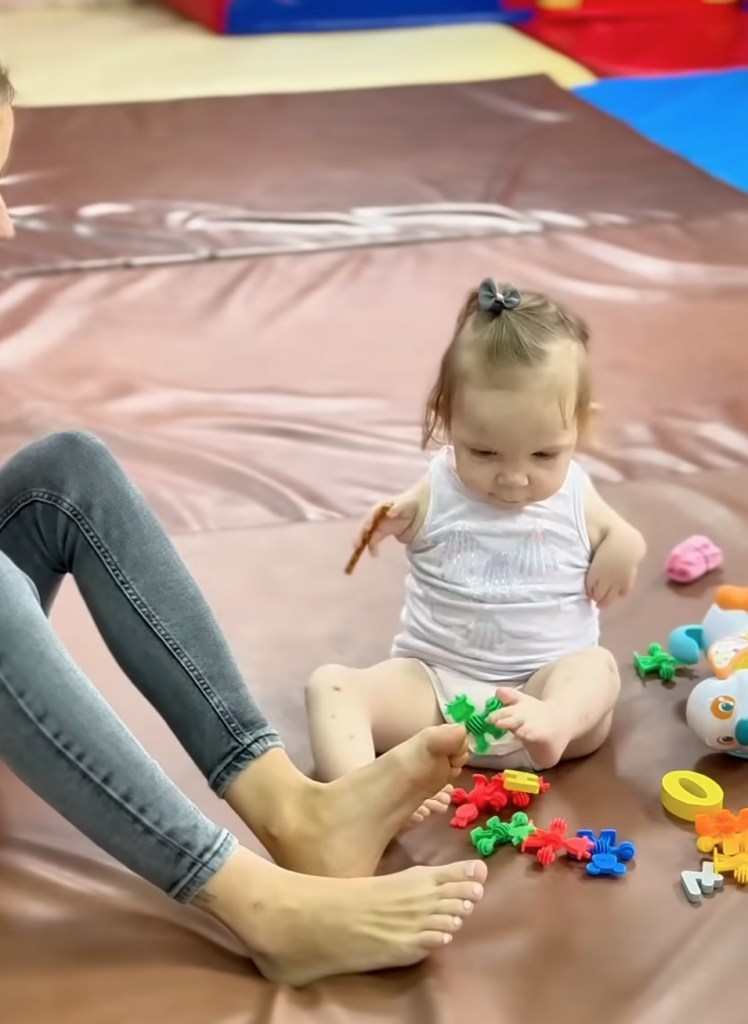
Love in Its Many Forms
Love is not solely about romantic relationships. It exists in friendships, familial bonds, and self-acceptance. A significant aspect of disability awareness is recognizing that love takes many shapes and that all forms are valuable. People with disabilities build deep and meaningful relationships with family, friends, caregivers, and community members who support and uplift them.
Self-love is also an essential component of this discussion. Society often imposes unrealistic beauty standards that exclude disabled bodies, making self-acceptance a challenging journey. However, self-love is a powerful force that empowers individuals to see their worth beyond societal expectations. When disabled individuals embrace self-love, they cultivate confidence that positively impacts all their relationships.
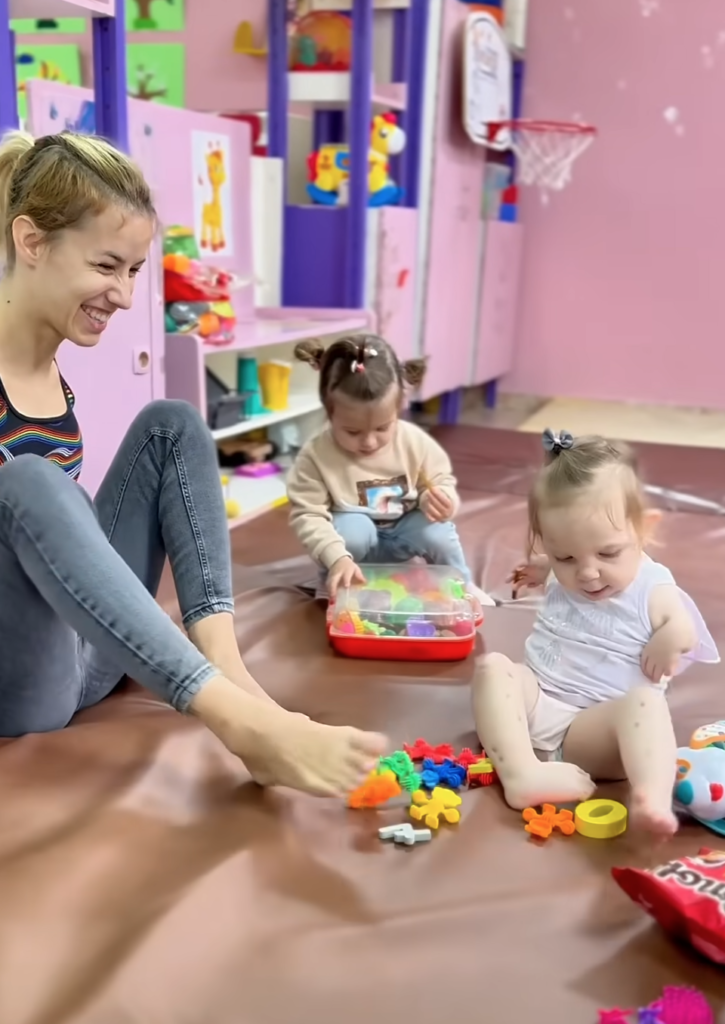
Promoting Disability Awareness in Love and Relationships
To foster a society that values love in all its forms, it is essential to promote disability awareness and challenge discrimination. Here are some key ways to support inclusivity:
- Educating Society – Schools, workplaces, and social platforms should provide education on disability awareness, addressing misconceptions and encouraging inclusive thinking. The more people understand disability, the more accepting they become.
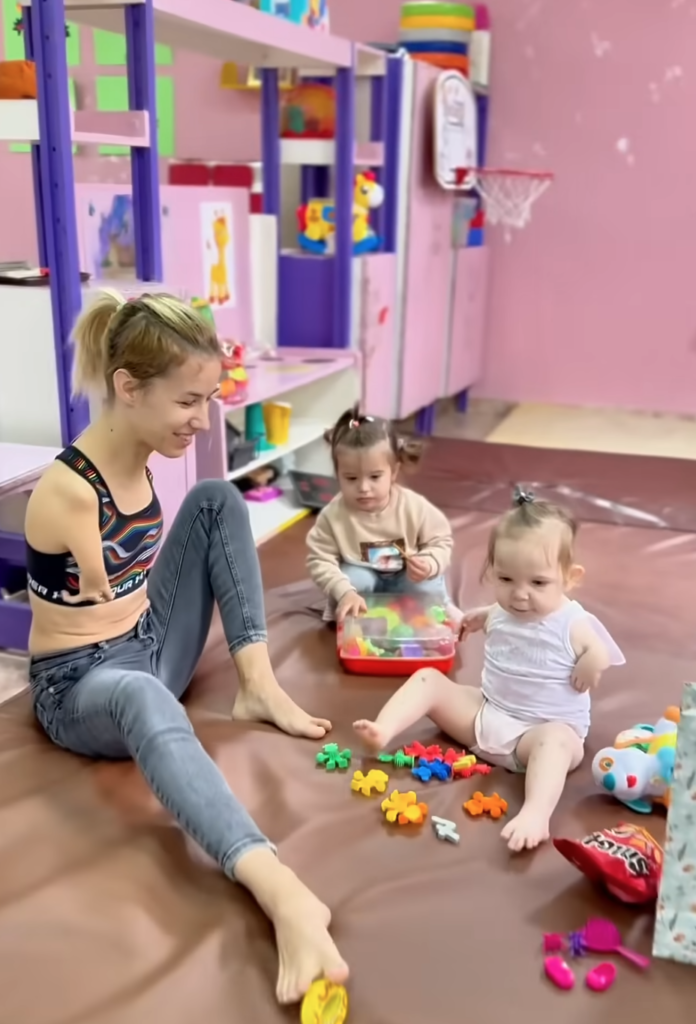
- Inclusive Media Representation – The media plays a powerful role in shaping perceptions. Positive representation of disabled individuals in love stories, dating shows, and movies can normalize the idea that they are just as deserving of romance and affection as anyone else.
- Improving Accessibility – From wheelchair-friendly venues to inclusive dating apps, making social spaces and platforms more accessible will allow disabled individuals to participate fully in the dating world.
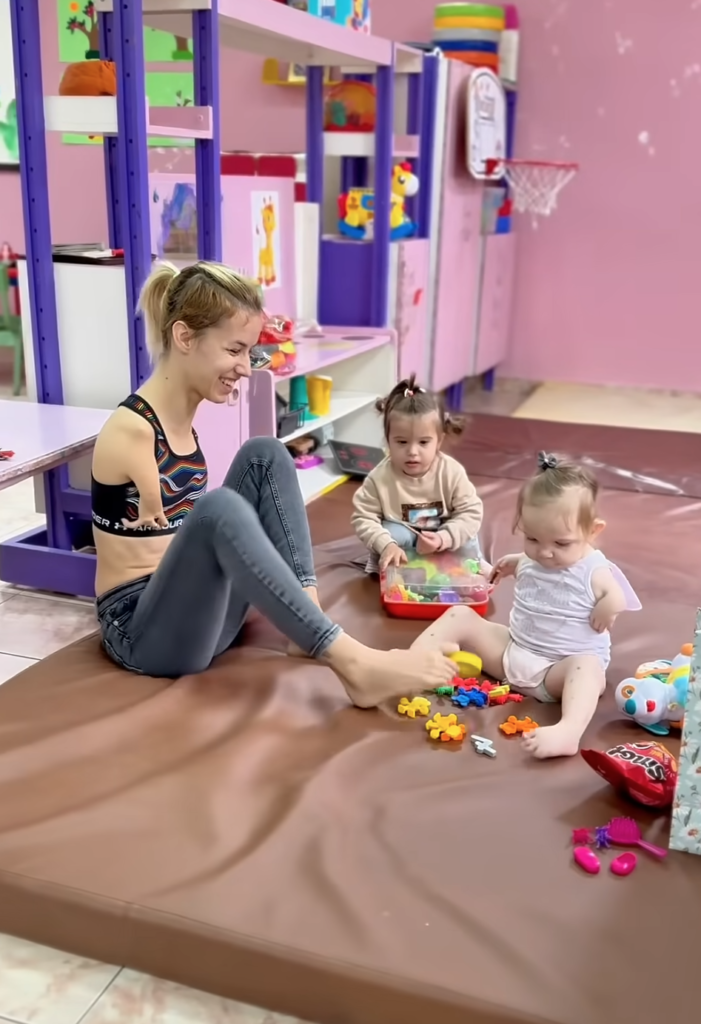
- Encouraging Open Conversations – Talking openly about disability and relationships helps break down barriers. People should feel comfortable discussing their needs, preferences, and desires without fear of judgment.
- Challenging Prejudices – Confronting ableist attitudes and advocating for disability rights are crucial steps toward building a more equitable society. Love should never be limited by stigma or misinformation.
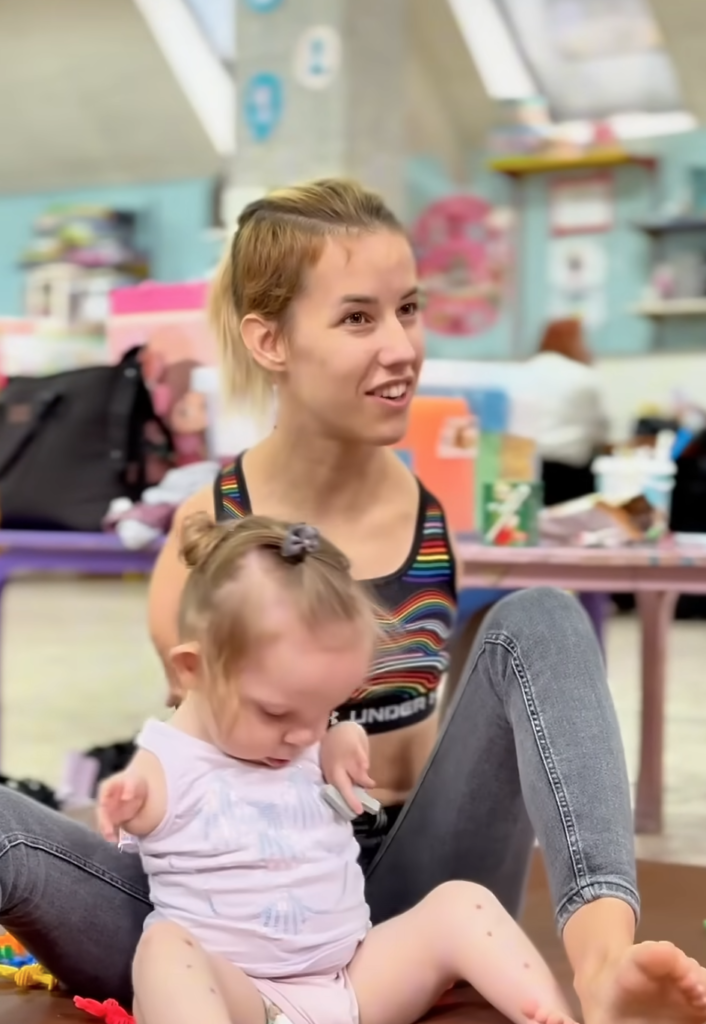
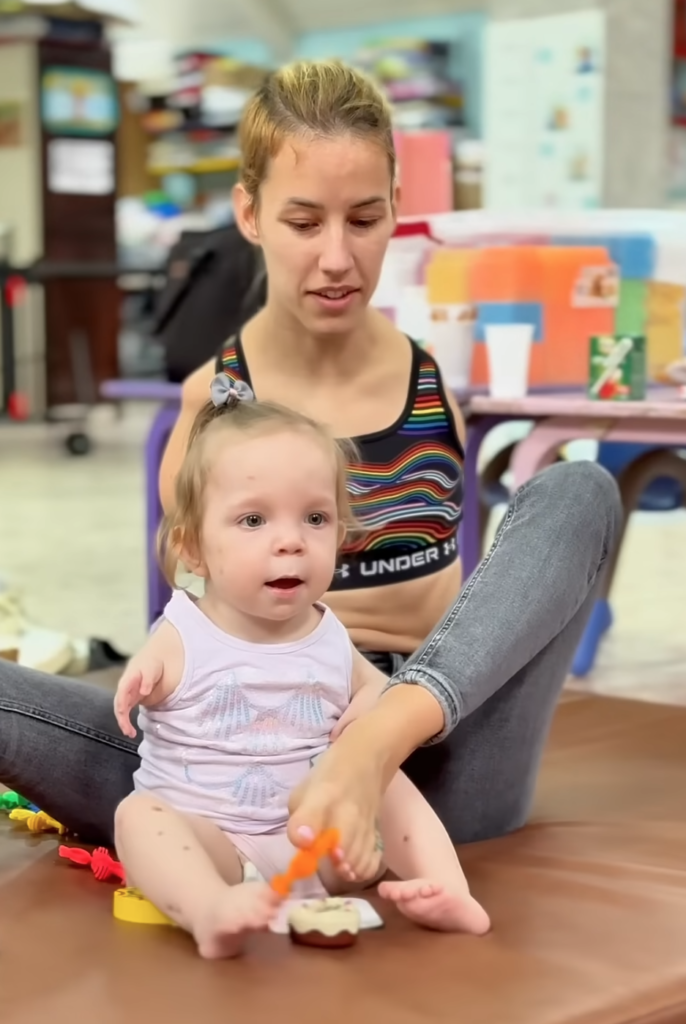
Conclusion
Love and disability are not mutually exclusive. Every individual, regardless of ability, deserves to experience love in its many beautiful forms. By raising awareness, dismantling stereotypes, and advocating for inclusivity, we can create a world where love is truly universal. In the end, love is about connection, understanding, and acceptance—qualities that transcend all barriers, including disability. When society embraces this truth, love becomes a force that unites, rather than divides, us all.
